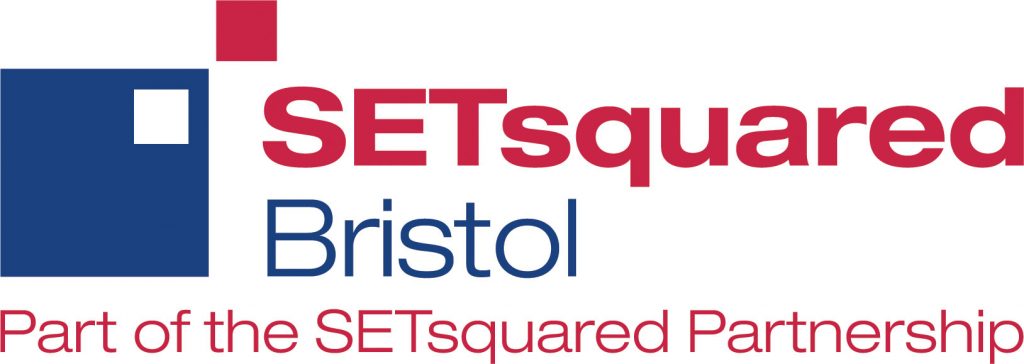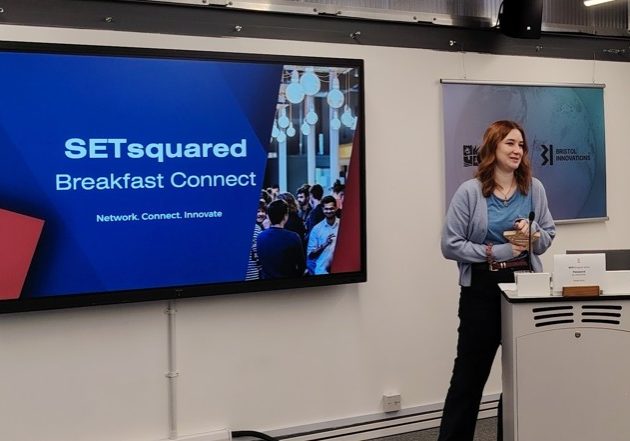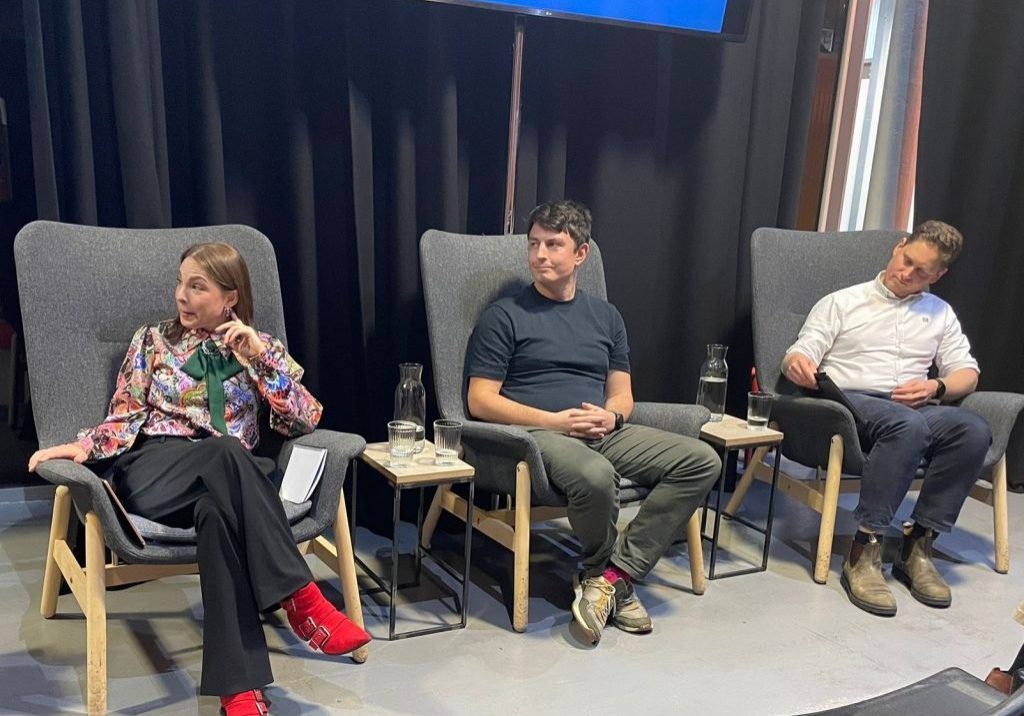Great one-to-ones and other habits of effective leaders
Posted by
Rhian Jarman
SETsquared Bristol ran an interactive workshop led by Rich Littledale and Amy Christenson, Founders of Startup People Clinic, to empower attendees to become effective leaders. Rich and Amy bring deep people insight from business psychology and coaching, as well as pragmatism from time in-house, and experience supporting leading startups. Here we share our top tips from the session.
 Business is all about people. What habits should you cultivate in order to become a better leader and positively impact the people around you? In any business – but particularly a small one – the leader’s actions have an impact, and this will not always be what you intend.
Business is all about people. What habits should you cultivate in order to become a better leader and positively impact the people around you? In any business – but particularly a small one – the leader’s actions have an impact, and this will not always be what you intend.
One place where leaders can have a real impact – good or bad – is in their one-to-ones – the conversations they have with their team members about progress and performance.
 Schedule effective one-to-ones
Schedule effective one-to-ones
One-to-one meetings are usually frequent, structured and planned interactions to check in personally and catch-up on work, and to share feedback in both directions. Good preparation on both sides is helpful to get the most out of your meetings.
The ground you should cover falls into two broad areas: comms and connection and performance and career. As well as using the sessions to work through issues and set and review progress, they are a good opportunity to recognise great performance and give praise, as well as a space to discuss career aspirations and how to achieve them.
Every one-to-one is an opportunity to practice coaching. Ask the person what they want to get out of the conversation and always close the session with clear accountability on both sides. It’s important to remember that you are building trust between two people. Dependability and psychological safety are really important for effective working in an organisation.
Discuss mental health
A willingness to discuss mental health in the workplace is important and can be part of the one-to-one agenda. Find out what support a person needs to deal with their issue. Performance and support should work together – don’t try to force the balance. The person will also need to take accountability and ask for more when they need it.
However, make sure you are informed before starting these conversations. There will be times when you are not the right person to help, and you need to understand what your duties and obligations are as an employer. There are some great resources out there from Acas and Mind.
Give constructive feedback on performance
Under-performance is a problem that managers and staff collectively need to solve to provide help to get to a useful conclusion. And as a manager, part of your role is to communicate a consistent and evidenced message about how team members are performing. This is often something that managers find difficult. Think about the type of feedback that you can give to help: feedback that is too personal (about character or personality) or too broad can be unhelpful to people. Providing specific examples of behaviour and their consequences – backed up with evidence – is more likely to lead to change.
But one to ones are just the beginning. As you grow and take on more as a leader here are some other habits that will help.
Force yourself to think longer term
As you grow, you will need to be more and more focused on what your role is and where you need to add value. Set your priorities based on where you want to get to, not just what is happening now. Set aside reflection time and ask yourself: “What three things do I need to focus on in the next six months for my business to be successful?” Ask team members the same question in your quarterly reviews.
Use the power of coaching
Coaching is one of the core leadership skillsets. Internal coaches are just as, if not more effective than external. Feedback does not always improve performance, but the way in which it is delivered makes a difference. Invest in your coaching skills, practice on yourself and consider an external coach if you’re stuck or need an external perspective.
Develop your self-insight and then use it
Ask yourself what am I great at and not so good at? What’s my leadership shadow i.e. the impact that I have on my team and others, both positive and negative? To build your insight into how people see you, ask for feedback and work on your listening skills. Some of what you need to focus on as a leader will be determined by the business, but it is also worth considering whether you are playing to your strengths. Aim to create structures and processes that help you leverage your strengths and address blindspots.
Practice makes, if not perfect, then definitely better!
The bottom line is, being a better leader is something that takes investment and there’s no fast hack or one size fits all solution. But the good news is that anyone can be a more successful leader with practice. The traits of being an effective leader are shifting more and more towards humility, empathy and openness to experience, and these are traits that we all use in our day to day lives. It helps to know what you’re good at and to work on your weaknesses. Thinking of your one to ones as a place to practice and develop your leadership skills will make them a better experience for you and for your team.
For more SETsquared Bristol blogs and business resources, sign up to receive the monthly newsletter.
Recent News, Blogs and Stories



